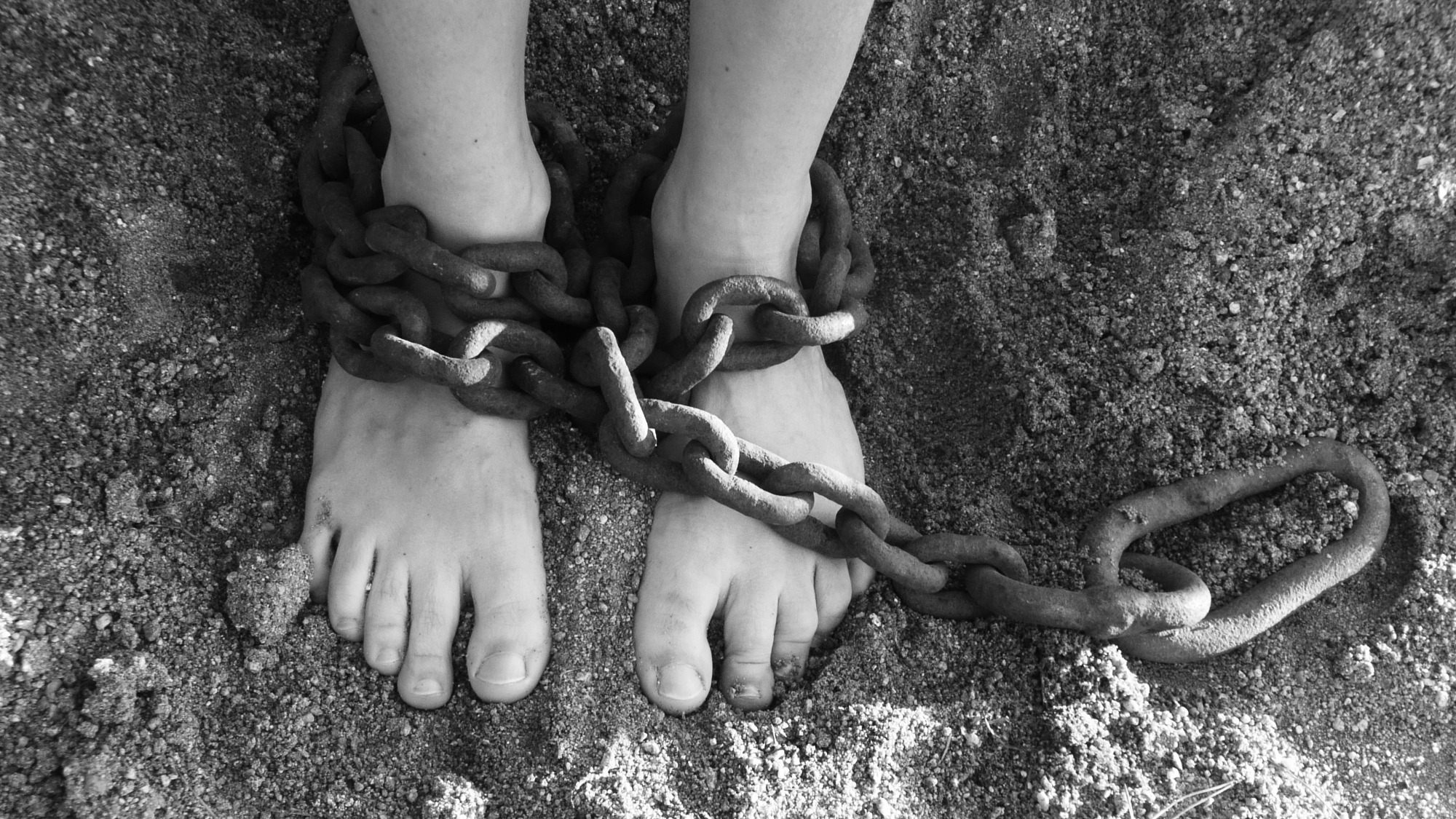What Love Demands
What love demands is often more than we want to give. What love demands is often heavier than we can bear. Just read through 1st Corinthians 13, and imagine doing that for your worst enemy. Jesus tells us to love our enemies and to pray for the ones who are persecuting us, and this isn’t new, if you're a Christian. I would even guess that most non-Christians have at least a vague understanding that Christianity is supposed to be about love. They probably also have a less vague understanding that Christians are often not about love.
First of All, Love Is a Choice
One of the things I always try to emphasize about love is that it’s a choice. Love isn’t just an emotion that we feel, and it's not just a description of the way we really, really, really like something. Love also isn’t mutually exclusive from other feelings, because it isn’t exclusively a feeling. This is why we can love people close to us and still be hurt by them or angry with them or sad for them. This is why we can experience love in both joy and grief. Love is a choice we make, a posture we take, toward others and toward ourselves. (We limit our capacity for love when we limit our love for ourselves, so we have to include that in there.)Love being a choice is also why we can love our enemies to begin with. If love were only a feeling then loving our enemies would require that we first feel love for them even as they persecute us and hurt us. Instead, my feeling love for them doesn't begin with emotions but with the choice I make to see them as humans. If I feel any love for my enemy, it’s because I have first chosen to see them as having dignity; I have first chosen to love them as people and the emotion follows after.
I believe the emotion is able to follow because I have separated my love for them from their actions toward me. It's because of the choice I made, which was separate from their actions, that I'm able to create that distance — to put enough distance between their actions and my feelings — to see them as human beings and to let go of the pain they caused me.
I don't want to go too much into this because the choice of love is not really the topic of this post. But, I think it’s important to understand that love is a choice, because what love demands may, at first glance, seem restrictive.
Yes, Love Is Demanding
I'm not just substituting demand for other words; we're not talking about what love desires, what love needs, what love suggests, what love implies... I'm suggesting that love actually demands something of us. Once the choice to love has been made, once we say to ourselves, “I am going to love this person or these people,” love begins to make demands. There is a way to be loving toward people, and if we love a person, we must conduct ourselves in that way.There might be disagreement about what that means, exactly, as far as what love actually looks like in embodied action. There might be disagreement about the postures that love compels us to take, but what is consistent about love, and probably any other posture to which we devote ourselves, is that it then demands that we follow through. Whatever we discover to be loving, that’s what we must do. I think this is why John writes that we can't love God and hate our brothers or sisters. I think John is making the case that if we love God, then our love for God demands that we don't hate our brothers and sisters.
Love isn’t something we can just do or not do based on whether we feel like it. Too often, Christians will claim that they love people or that they want to love people or that they are going to love people but then make excuses for themselves about loving people. There’s always a reason other than love to justify that sort of inconsistency. I rarely hear anyone reason out what love demands and then state that as the reason for their actions.
You can see this in how a lot of people respond to COVID-19. There are a lot of reasons for doing or not doing this or that as a response to the virus, to the economy, to our neighbors and friends, etc., but I almost never hear anybody talk about what love demands in their context. Underneath all of the choices, arguments, and debates that I see on social media and the news or hear in the workplace, the motivation is almost exclusively personal desire. When we boil it down to what people are really arguing about, the things that come out of people's mouths are almost always “I don't want…” or “I don't like…” or some form of personal preference.
If someone’s personal preference lines up with what love demands, there's nothing wrong with that, but until Christians start having conversations about what love demands, we're just going to keep arguing about personal preferences. We're going to keep taking our personal preferences and turning them into scriptural preferences, and we're going to keep taking scripture and revelations about God and mashing them into the boxes of our personal preferences.
We have chosen to give ourselves over to love, and we need to take seriously the demands that love is placing on us.
God Is Love
We can't separate this idea of giving ourselves over to the demands of love from our relationship with God and our expressions of Christian faith, because God is love. I hear people quote all the time from the gospel of John where Jesus tells his disciples that if they love him, they should obey his commands. I can't tell you how many times I've heard that passage quoted as a way of telling people that they should follow all the rules. I think that completely misses the point of everything God is doing.God is love, and when we choose God, we have to accept what the Spirit of Love demands, not because God has rules but because there is a mutually exclusive relationship between love and hate. We can't say that we follow love, that we worship love, that we devote ourselves to the kingdom of love, and then ignore the demands of love toward our neighbors. If we’re going to claim that God is love and we are going to claim that God is our king, then we must reconcile our lives with God. At the very least, we need to acknowledge that when we don't have consistency in our love, we are being hypocritical.
Humility, Not Perfection
It's not about either being a loving person or not being a loving person. I’m not saying that if you do something that's not loving after saying you love someone then you don't love them at all. I’m saying we have to recognize that our love is imperfect, and we ought to be striving toward consistent love. We shouldn’t allow ourselves to be complacent about our love but should recognize that when it’s inconsistent (when we say we love a person and then don't embody that love toward them) we’re being hypocritical, and we should take action to correct that in ourselves.Human beings aren't perfect and our love will never be perfect. The best we can hope for is to increase our humility so that the Holy Spirit can manifest in us Godly love, but we have to be willing to see that reality if we're ever going to have a hope of attaining that humility. If we keep pretending that our love is Godly love, we're never going to get there, and if we keep pretending that love doesn't make demands of us, then we're always going to make decisions based on our personal preferences. We're going to keep dividing ourselves and arguing over things that just boil down to whether or not we feel comfortable.
At the end of the day, the cross reveals to us that Godly love is deeply self-denying and self-sacrificial, and that means that if we want to share in that love we, too, need to be deeply self-denying and self-sacrificial. If you're wondering how we do that and have love for ourselves, which I mentioned earlier, I'll have to write about that in another article. For now, I hope we can start asking this question: what does love demand? Anytime we need to make a decision, big or small, especially if that decision is going to directly impact the lives of others, we should be asking, “What does love demand?”
Photo by Jamie Templeton on Unsplash




Comments
Post a Comment